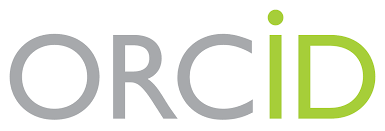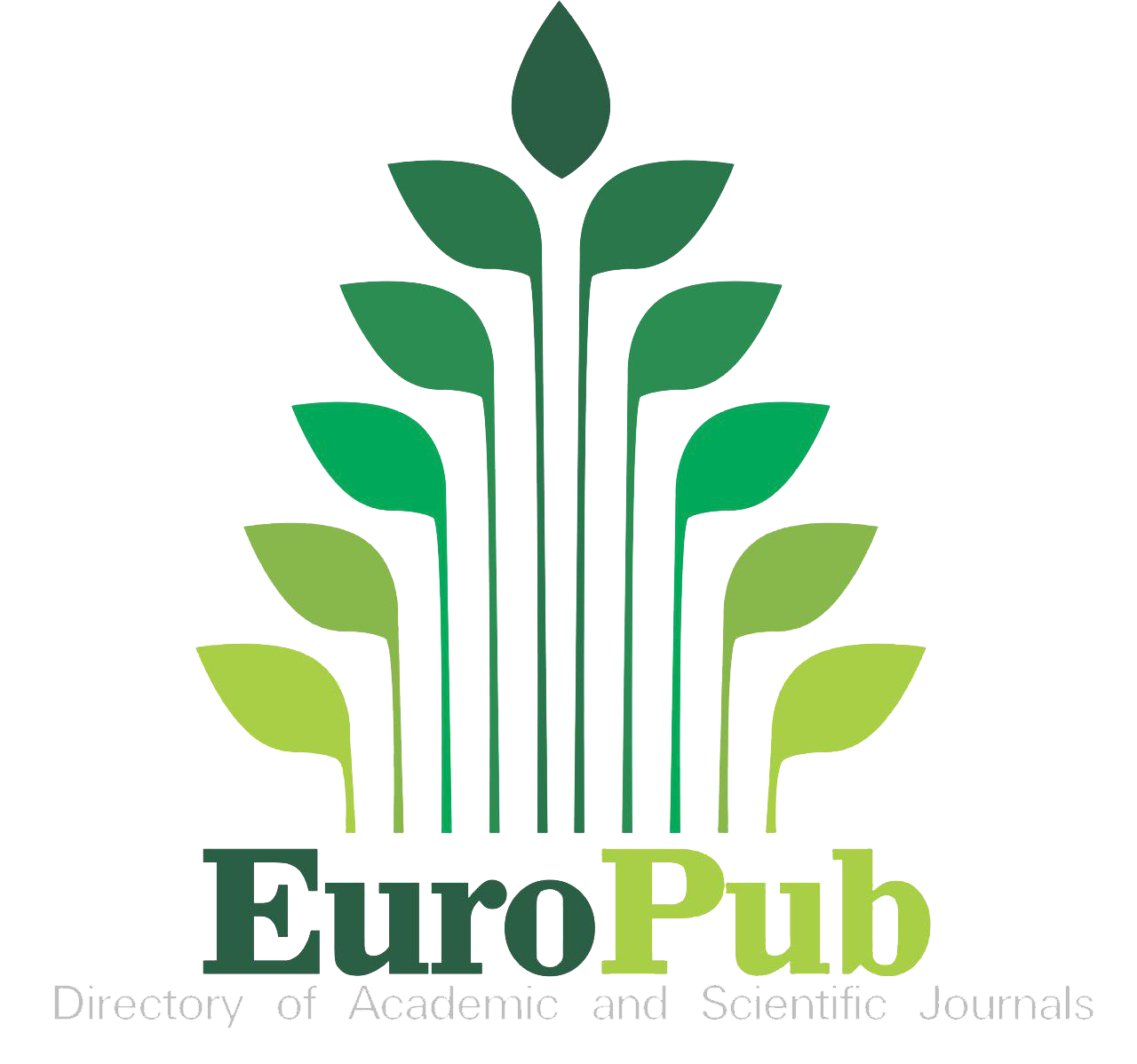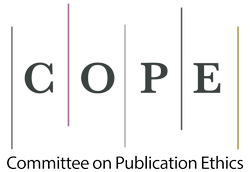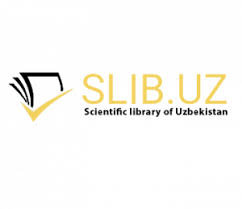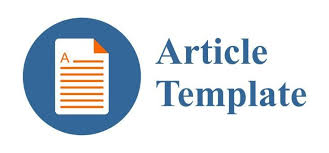THE ROLE OF LANGUAGE IN SHAPING GENDER AND SEXUALITY IN EUROPE
Keywords:
Grammatical Gender, Non-Binary, LGBTQ+, Gender-Neutral, Pronouns, Queer Linguistics, Inclusivity, European Languages, Media Representation, Language Reforms, Cultural Resistance.Abstract
Language is a fundamental cultural tool that influences and
reflects societal norms. In Europe, where linguistic diversity meets evolving social
attitudes, language plays a critical role in shaping perceptions of gender and sexuality.
This article explores how grammatical structures, societal norms, and linguistic
reforms contribute to shaping and challenging traditional views on gender and
sexuality across the continent
References
1. Hall, Kira. 2005. “Intertextual Sexuality: Parodies of Class, Identity, and
Desire in Liminal Delhi.” Journal of Linguistic Anthropology 15: P.125–144.
2. Bucholtz, Mary. 2014. “ The Feminist Foundations of Language, Gender, and
Sexuality Research.” In The Handbook of Language, Gender, and
Sexuality, 2nd ed., edited by Susan Ehrlich, Miriam Meyerhoff, and Janet
Holmes, p.23–47.
3. Bucholtz, Mary, and Kira Hall. 2004. “Theorizing Identity in Language and
Sexuality Research.” Language in Society 33 p.501–547.
4. Calder, Jeremy. 2019a. “The Fierceness of Fronted /s/: Linguistic
Rhematization Through Visual Transformation.” Language in Society 48 p.31–
64.
5. Calder, Jeremy. Forthcoming. “ From ‘Gay Lisp’ to ‘Fierce Queen’: The
Sociophonetics of Sexuality's Most Iconic Variable.” In The Oxford Handbook
of Language and Sexuality, edited by Kira Hall and Rusty Barrett. New York:
Oxford University Press











